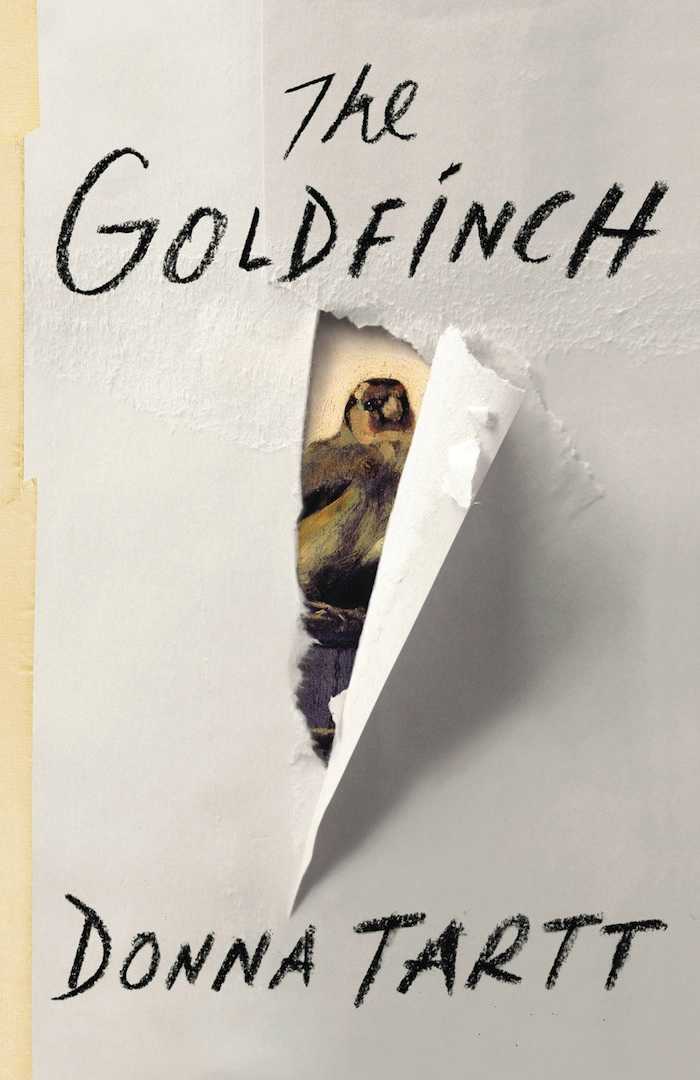
Having won the Pulitzer Prize For Fiction in 2014 and achieving universal critical acclaim, it’s the kind of book that demands to be read, with similarities in conceptual scale to the likes of War And Peace, The Catcher In The Rye, Crime And Punishment and The Great Gatsby. It’s an epic and sweeping novel that deconstructs every downy feather, shackled leg and proud chest of the storyline to give you a swirling window pane view into a wild ride to show you the inner workings of the fractured anti-hero at the heart of it all.
The story itself feels like a modern day classic in the making, following the troubled young life of a kid from New York called Theo Decker. When a terrible accident changes everything that he knows and loves, he finds himself thrown in a completely new direction that sees him slowly drawn into the underworld of organised crime, via a turbulent period spent with his father in Las Vegas.
The characters are completely unforgettable, painted with vivid description and developed with intricate subtlety. Each one that enters the ratcheting plot development jumps out of the pages like they’re wholly formed in reality, as opposed to the fictional manifestations of Donna Tartt’s insgination. They’ll stay with you for a long time and there are many that you’d happily read much more about, including Theo’s wild and loyal comrade Boris, the enigmatic Kitsy, the slightly closed door that is Pippa and the kindly spirit of Hobie.
The writing is phenomenal with charged and beautiful sentences cascading over one another to form a genuinely stunning read. There’s a lot to take in and little is left without significant description, but with Donna’s flowing and intelligent writing style it never gets baggy with every passage coming across as being absolutely essential for the reader’s understanding of the characters, thoughts and situations covered within it.
As is the case with our review, in which we’re keen to convey the greatness of the book without giving away too much about the plot, sometimes less is more. However, with Donna Tartt’s writing in The Goldfinch more is definitely more and we’re just as eager to read more of the story now that we’ve finished the book as we were in the initial pages. We’d happily read a spin-off of The Goldfinch to fund out more about its characters day to day lives and to be transfixed yet again in the eclipsing weight of Donna’s choise of words, sentence construction, thoughtful narrative and pitch perfect dialogue.
The structure of the book is a clever combination of chronological progression and an account of the past. It starts out in Amsterdam with Theo in his mid twenties, holed-up in a hotel, worried about unspecified difficulties that have befallen him. This quickly moves on to him telling the story of the events that transpired throughout his life that had led up to his troubled impasse, sending us back in time to his early teens and the terrible disaster that lit the touch paper to his modern day predicament.
It gives you a little glimpse into the culmination of the story, which provides more than enough incentive to find out more about the build up to the climactic ending that’s teased right from the very beginning. It also deals with skips in time, which we’re not usually overly fond of, much better than anything else we’ve ever read, filling in the gaps with thick snippets to give you more of an understanding about what has changed in the intervening years.
There are many themes that are covered throughout The Goldfinch and these are a big part in its overall success of the book. Loss and the consequences of loss are woven intricately all the through the story, combing with a deft touch on depression, dependency, crime, justice, death, friendship, family, hope… the list is significant in itself.
It also provides a very unique perspective on life and hope in a way that doesn’t at all feel cloying or false, while also looking at the vague possibility of fate, which we don’t necessarily subscribe to, but can’t help but appreciate the mental arithmetic that leads to it. It’s the kind bitter sweet concept that’s easy to get behind as it questions as much as it tries to answer, giving you a new way of looking at what can inevitably seem to some as the never ending abyss of harsh reality. When the chips are down, the idea of there always being something to fight for – whether it’s the beauty and preservation of art or the fleeting moments you get with an unrequited love – is pretty powerful in itself.
You’ve probably already guessed that we’re pretty enamoured by Donna Tartt’s The Goldfinch, but we honestly can’t recommend it enough. It’s already available in hardback, paperback, digital download and audio book and any one of these should probably be on your must-read list if you haven’t already. It’s already on ours again and we’re genuinely looking forward to pouring over it’s epic confines a little more. There’s also the faintest glimmer of possibility for a sequel and while this is probably never actually going to happen, we’d definitely be keen to read another chapter in the lives of the characters.
Donna Tartt The Goldfinch review: 5/5



